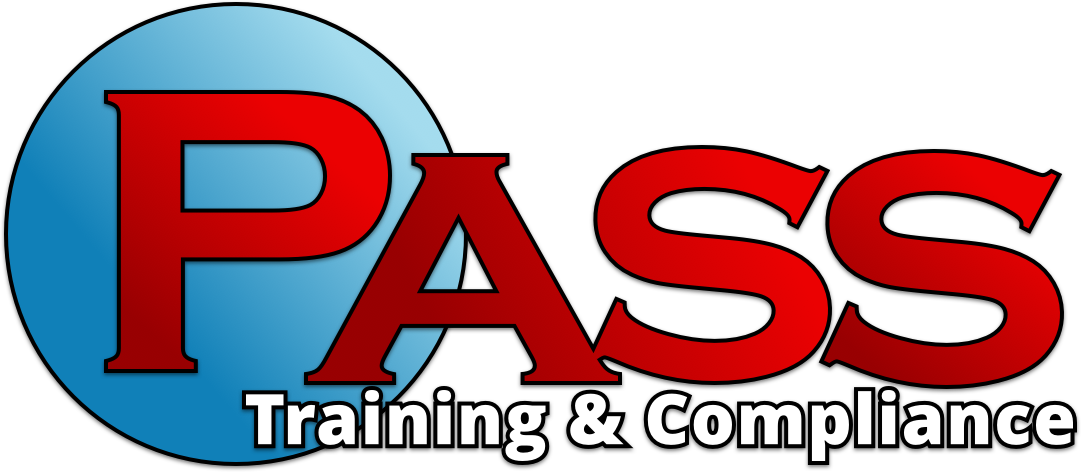Cold Weather Affects your Car and your UST
 The seasons have changed and the temperature has dropped. This change in temperature effects both the fuel consumer and the gas station that we get our fuel from. Lets take a quick look at how it can impact both.
The seasons have changed and the temperature has dropped. This change in temperature effects both the fuel consumer and the gas station that we get our fuel from. Lets take a quick look at how it can impact both.
Fuel Efficiency
For fuel consumers, cold weather means waiting until the last moment to stop and get out of the car, into the cold air to fill up our tanks. But this is a small inconvenience compared to how the cold temperatures affect our fuel economy.A fuel economy test conducted by the US Department of Energy stated that for short trips at 20F an unleaded gasoline automobile can get 12% less gas milage than that same trip at 77F. Hybrid cars are even more affected with a 31% to 41% drop in fuel efficiency. You can read up on some tips to improve efficency in the cold months here.
Diesel Gelling
Another negative aspect of cold weather for the consumer is diesel fuel gelling. Fuel gelling occurs when very cold temperatures cause the diesel fuel to turn into a gel-like substance. As you can imagine, gel will not flow through the fuel filter which can cause it to block up fuel lines and clog tanks. Once the fuel has gelled in the fuel filter, the engine will not run. The fix for diesel fuel gelling comes from fuel distributors, who supply a winter blend of diesel that has a lower cloud point as well as additives, both of which are designed to prevent gelling, and there are also a variety of diesel fuel additives for our vehicles that will minimize or eliminate the gelling problem.
Gas Stations - Cold Weather UST Maintenance
Cold weather effects the gas stations as well. This time of year it is very important that you paying extra close attention not only your USTs, but also your leak detection devices, sump, and electrical conduits. Water freezing and thawing can have a huge impact on these systems and components, Cold Weather UST maintenance and inspections are a must.If water gets into your electrical conduit, or spill bucket and it freezes, it can cause extensive damage to the functioning of your line leak detectors, sensor probes or pumps. Make sure to check all of your fittings and seals regularly to make sure that water can not leak into these areas.The ground can move during the freeze and thaw cycles. This can create major problems underground with risers cracking allowing water to enter the tank, fitting failures, and pipes breaking or cracking.Checking for water in your tanks is crucial all year long, but water in your tank can cause more problems with your system during this cold weather season because of its ability to freeze and it is also a sign of a leak or malfunction that needs to be addressed.Your leak detection devices may let you know if something catastrophic happens, but it is important to inspect these devices regularly to ensure proper functionality so they will be ready to alarm if a problem arises. As always, PASS Tools can help you keep up with the winter weather compliance and inspections.Learn More about PASS Tools →
